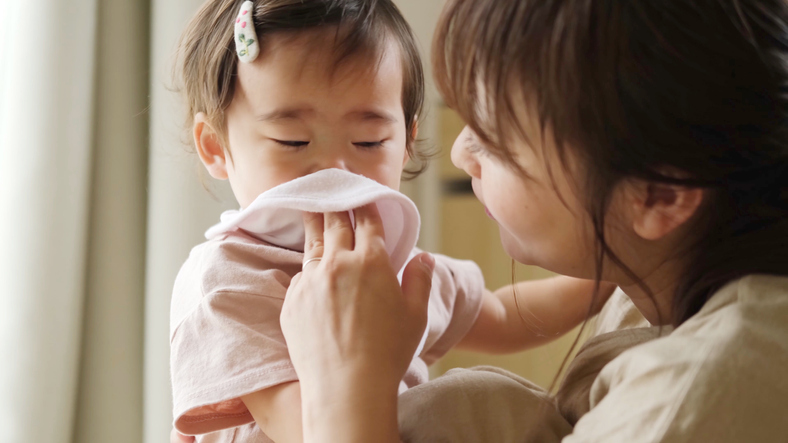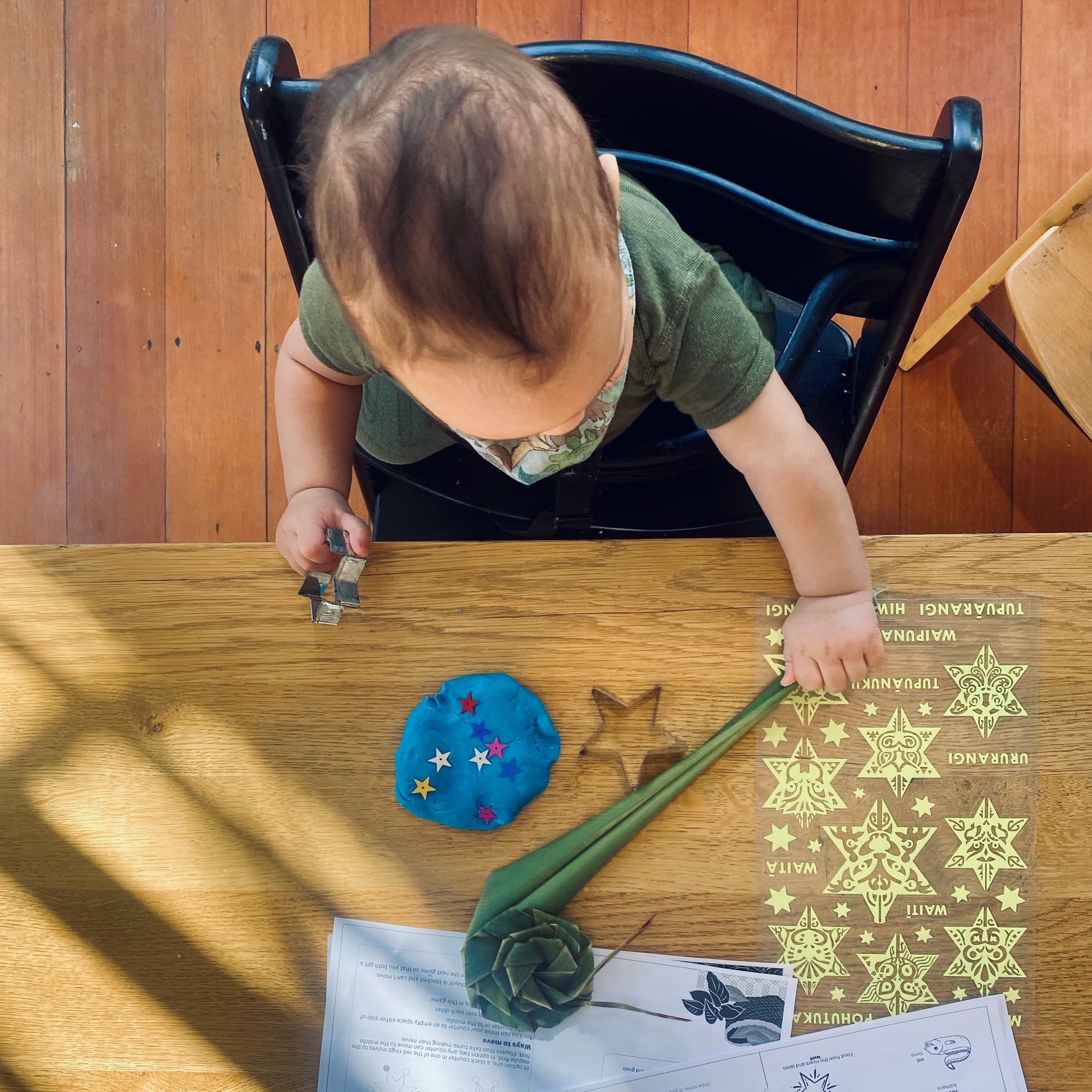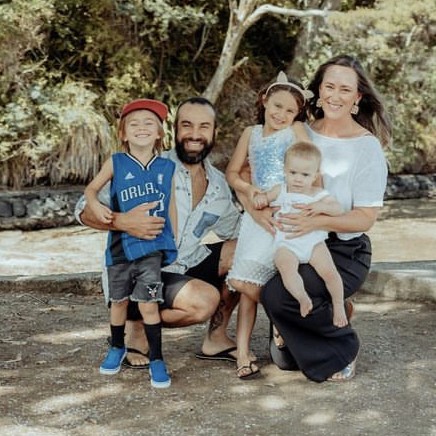Respiratory Syncytial Virus (RSV) – What You Need To Know

This winter the risk of getting sick is increased, with New Zealand no longer in lockdown, and our international border re-opened, so we’re talking to experts about common winter illnesses so we can be more prepared and know what to do if our pēpi get sick.
This week, we spoke with Dr Emma Best, Paediatrician and Specialist in infectious Diseases at the University of Auckland, Immunisation Advisory Centre about Respiratory syncytial virus or RSV.
RSV is a flu-like virus that causes infections of the lungs and respiratory tract. RSV is so common that most children will have been infected by the virus by the time they are two years old. The symptoms tend to be mild and similar to a common cold in healthy adults and older children. However, RSV can lead to more serious illnesses in infants, such as bronchiolitis and pneumonia. According to the Asthma and Respiratory Foundation NZ, it is “the most common cause of hospitalisations for lower respiratory tract infections for under two-year-olds” in Aotearoa.
Kia ora and thank you for taking the time to korero with us Dr Emma. First off, how would a baby / toddler catch RSV?
It is a virus passed between people, spread during winter and early spring – it is spread by droplets (produced when coughing, sneezing, touching hand to mouth) during the time a person has a respiratory illness or ‘cold’ type symptoms.
What are the signs of RSV?
RSV can start like common upper respiratory illnesses like ‘colds’ and then progress to the lower respiratory tract (chest) giving symptoms like:
Fast breathing, working hard to breathe (retractions- chest wall moving in and out) and wheezing noises with breathing. General symptoms are like other viral illnesses such as fever, being generally off-food, lethargic and miserable plus the more common upper respiratory signs of a ‘cold’ like runny nose, sneezing and coughing.
At what point should you take your pēpi / child to the doctor, or hospital?
This depends on how old you baby is. See a doctor or after hours immediately if your baby is under 3 months and has any fever or signs of difficulty breathing or not feeding.
For older infants if they are not keeping down at least half of their food/fluids or not having wet nappies for over half a day, or have fevers, are pale and lethargic or struggling to breathe – they should see their doctor or local emergency department.
Dr Best recommends taking a look at the KidsHealth website on RSV and Bronchiolitis for more information.
What can you do to prevent your baby from catching RSV?
Washing your hands and keeping baby away from people who have coughs and colds.
We don’t have a vaccine for RSV but making sure your baby has had all the recommended childhood vaccines is very important. Routine vaccinations prevent complications after RSV like serious pneumonia. Getting an influenza vaccine for your baby (over 6 months) and for your whānau who care for baby or young children also helps to protect them from getting influenza and RSV together which would be more serious.
If your baby is aged less than 1 year and was born very premature (before 28-32 weeks) or has chronic lung disease from being premature or a serious heart condition; you can talk with your paediatrician/child specialist about the preventative treatment given through the RSV season. This is only available for particular very high-risk babies during the winter season.
What happens if an adult catches RSV?
For most healthy adults they will have a cold type illness with runny nose and cough and will recover. For some people who have underlying asthma, RSV can cause a flare-up of asthma symptoms. For elderly or those with medical conditions RSV can become a more serious lower respiratory infection like pneumonia and may need hospital care
What’s the difference between RSV & the Flu?
RSV is more problematic than influenza for children aged under 5 years and particularly babies in the first 2 years of life and typically causes a wheezing type illness (bronchiolitis) where they need hospital for oxygen and feeding support. Influenza can do this but is less common.
But both influenza and RSV are similar illnesses both cause fevers and respiratory symptoms like cough.
Influenza has a seasonal vaccine to help control it each season whereas RSV does not.



